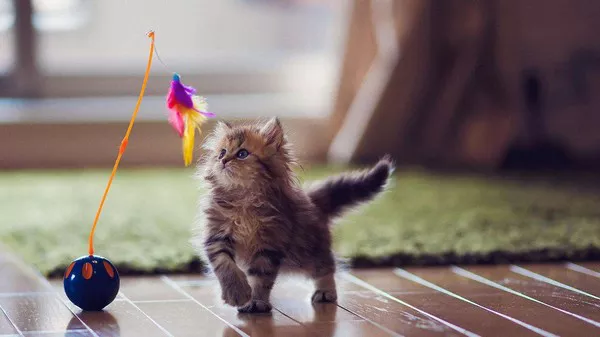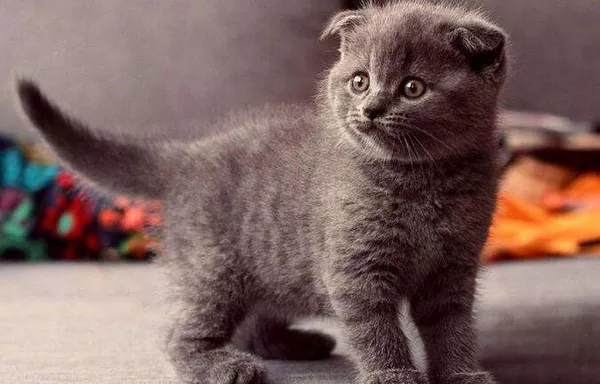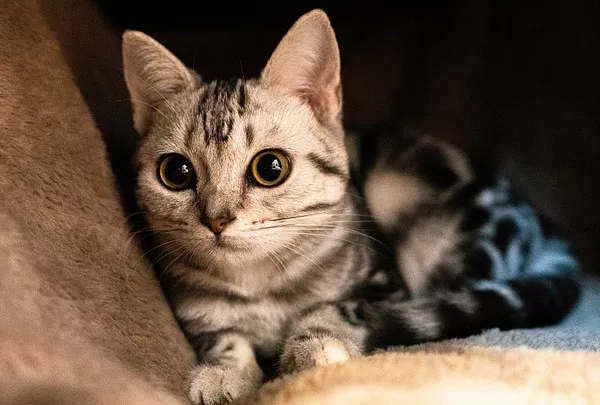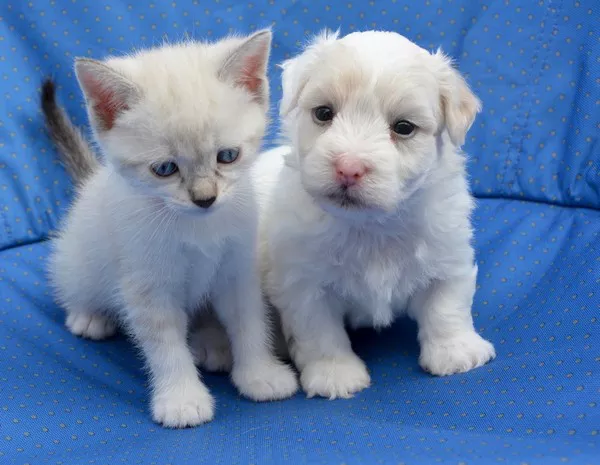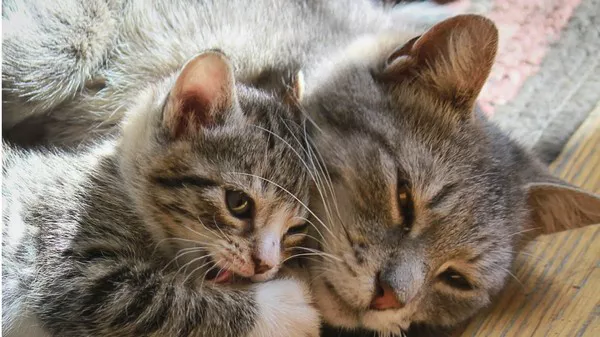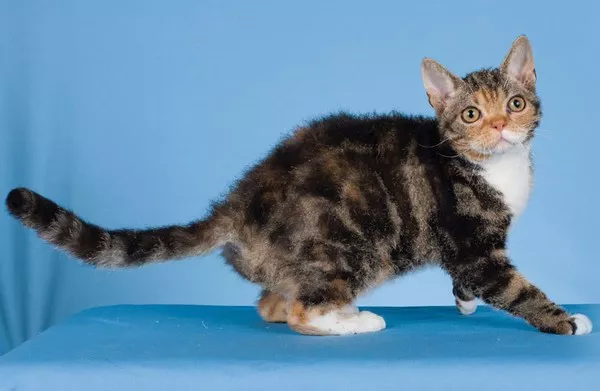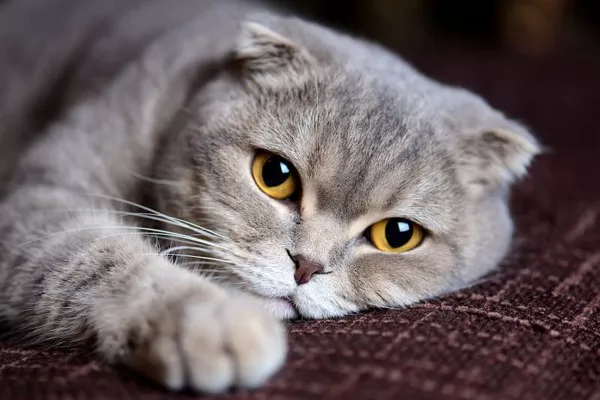Abyssinian cats are a popular and beloved breed among cat lovers. Known for their affectionate personalities and striking coat patterns, these cats make great companions. However, like all cats, Abyssinians are prone to certain health problems that owners should be aware of. In this article, we will explore some of the common health issues that Abyssinian cats may experience.
Renal Amyloidosis
Renal amyloidosis is a condition where abnormal protein deposits form in the kidneys, leading to kidney failure. This condition is particularly common in Abyssinian cats and can lead to serious health problems. Symptoms of renal amyloidosis include increased thirst and urination, weight loss, and lethargy. There is no cure for this condition, but early detection and treatment can help manage symptoms and improve quality of life.
Dental Issues
Like many cats, Abyssinians are prone to dental problems, such as tooth decay and gum disease. Owners should regularly brush their cat’s teeth and provide them with dental chews and toys to help keep their teeth healthy. If left untreated, dental problems can lead to more serious health issues, such as infections that can spread to other parts of the body.
Hyperthyroidism
Hyperthyroidism is a condition where the thyroid gland produces too much thyroid hormone. This can lead to a range of symptoms, including weight loss, increased appetite, and hyperactivity. While hyperthyroidism can affect any cat, it is particularly common in Abyssinians. Treatment for this condition typically involves medication or surgery.
Allergies
Abyssinians can develop allergies, just like humans. Common allergens for cats include pollen, dust, and certain foods. Symptoms of allergies in cats can include itching, sneezing, and skin irritation. If you suspect your Abyssinian may have an allergy, consult with your veterinarian to determine the cause and the best course of treatment.
Heart Disease
Abyssinians can also be prone to heart disease, particularly a condition known as hypertrophic cardiomyopathy. This condition involves thickening of the heart muscle, which can lead to symptoms such as coughing, lethargy, and difficulty breathing. Treatment for heart disease in cats may include medication or surgery.
In conclusion, while Abyssinian cats are generally healthy and long-lived, they are prone to certain health problems that owners should be aware of. By providing your Abyssinian with regular veterinary care and monitoring their health, you can help ensure they live a long and happy life.


